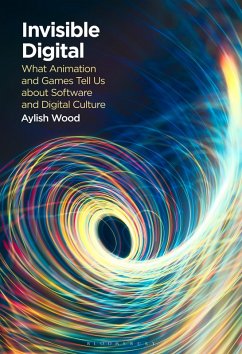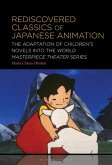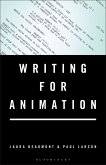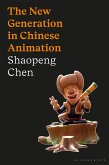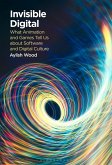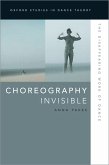Invisible Digital helps us makes sense of something we cannot see by presenting an innovative approach to digital images and digital culture. At its heart is a novel method for exploring software used in the creation of moving images as markers of converging cultural, organizational and technological influences. The three main case studies of Invisible Digital are the animated feature Moana (2016) and the computer games No Man's Sky (2016) and Everything (2017). All three were created using procedural techniques: simulation software for Moana, and procedural content generation for No Man's Sky and Everything. Production culture disclosures associated with procedural techniques often emphasize the influences of automated systems and their algorithms, making them ideal for a study that interrogates digital processes.
The approach of Invisible Digital is informed by relational theories and the concept of entanglement based on materialist perspectives, combined with insights from work that more explicitly interrogates algorithms and algorithmic culture. Aylish Wood employs the notion of assemblages to introduce the concept of material-cultural narratives. Using this conceptual framework, she draws out material-cultural narratives for each case study to demonstrate what they reveal about software and digital culture. These analyses of software provide a widely applicable method through which moving image studies can contribute more fully to the wider and growing debates about algorithmic culture.
The approach of Invisible Digital is informed by relational theories and the concept of entanglement based on materialist perspectives, combined with insights from work that more explicitly interrogates algorithms and algorithmic culture. Aylish Wood employs the notion of assemblages to introduce the concept of material-cultural narratives. Using this conceptual framework, she draws out material-cultural narratives for each case study to demonstrate what they reveal about software and digital culture. These analyses of software provide a widely applicable method through which moving image studies can contribute more fully to the wider and growing debates about algorithmic culture.

